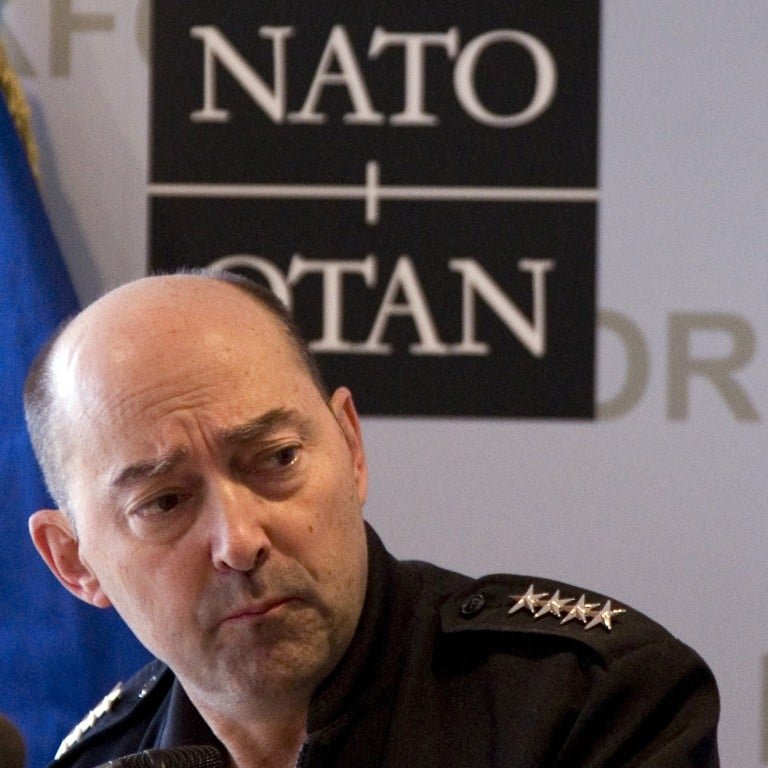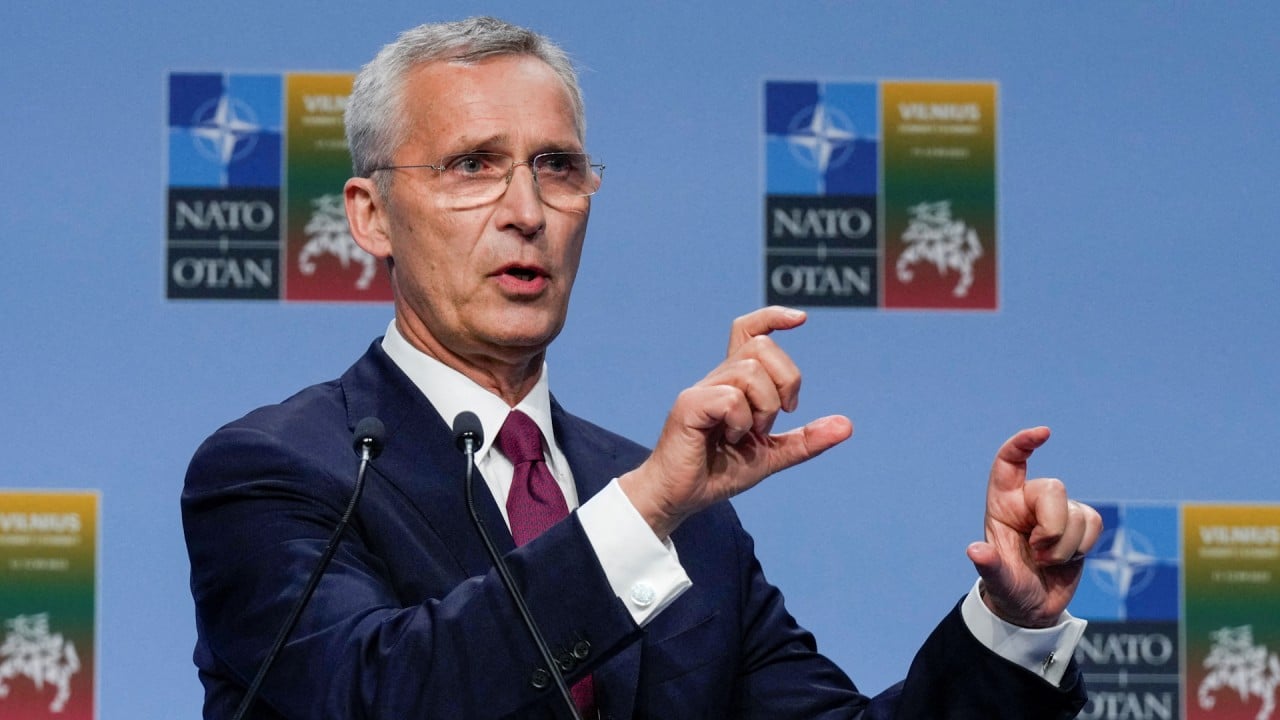
Nato should recruit Singapore, Philippines, Japan, Thailand and others, former supreme allied commander says
- Former Nato supreme allied commander James Stavridis suggested the military alliance recruit Asia-Pacific countries that share ‘its vision of freedom’
- His list of potential allies with a similar view on democracy, liberty and human rights also included Australia, New Zealand and South Korea
“Nato should think about recruiting a few new members from outside its traditional boundaries,” retired US Navy Admiral James Stavridis wrote in a Bloomberg opinion piece on Monday.
Stavridis served as the military alliance’s chief from 2009 to 2013. Before that, he was the Commander of the US Southern Command from 2006 to 2009, where he oversaw military operations in Latin America.
Is the US setting up an ‘Asia-style Nato’? North Korea thinks so
It is probably too soon to consider a global Nato … but perhaps there is a middle path
That said, Stavridis did acknowledge the difficulties of “expanding Nato geographically to include a group of Asian democracies”.
Besides managing the “cultural, linguistic, and geographic differences,” Stavridis noted that a larger membership would make it “even harder to gain broad consensus on any given mission.”
“I’d say the challenges and the benefits feel roughly balanced, but given the practical and political hurdles, it is probably too soon to consider a global Nato,” Stavridis wrote.
“But perhaps there is a middle path, which might entail more formalised relationships between the alliance and the Asian democracies,” he added, suggesting arrangements like “clearly articulated security guarantees” and “joint procurement of advanced weapon systems”.
“In recent years, Nato has been inching closer to the Asia-Pacific and using the nonexistent ‘China threat’ as an excuse to advance bloc confrontation, which poses a threat to regional security,” China’s defence ministry spokesman Wu Qian said of Nato during a press conference in January.
Representatives for Nato did not immediately respond to a request for comment sent outside regular business hours.


